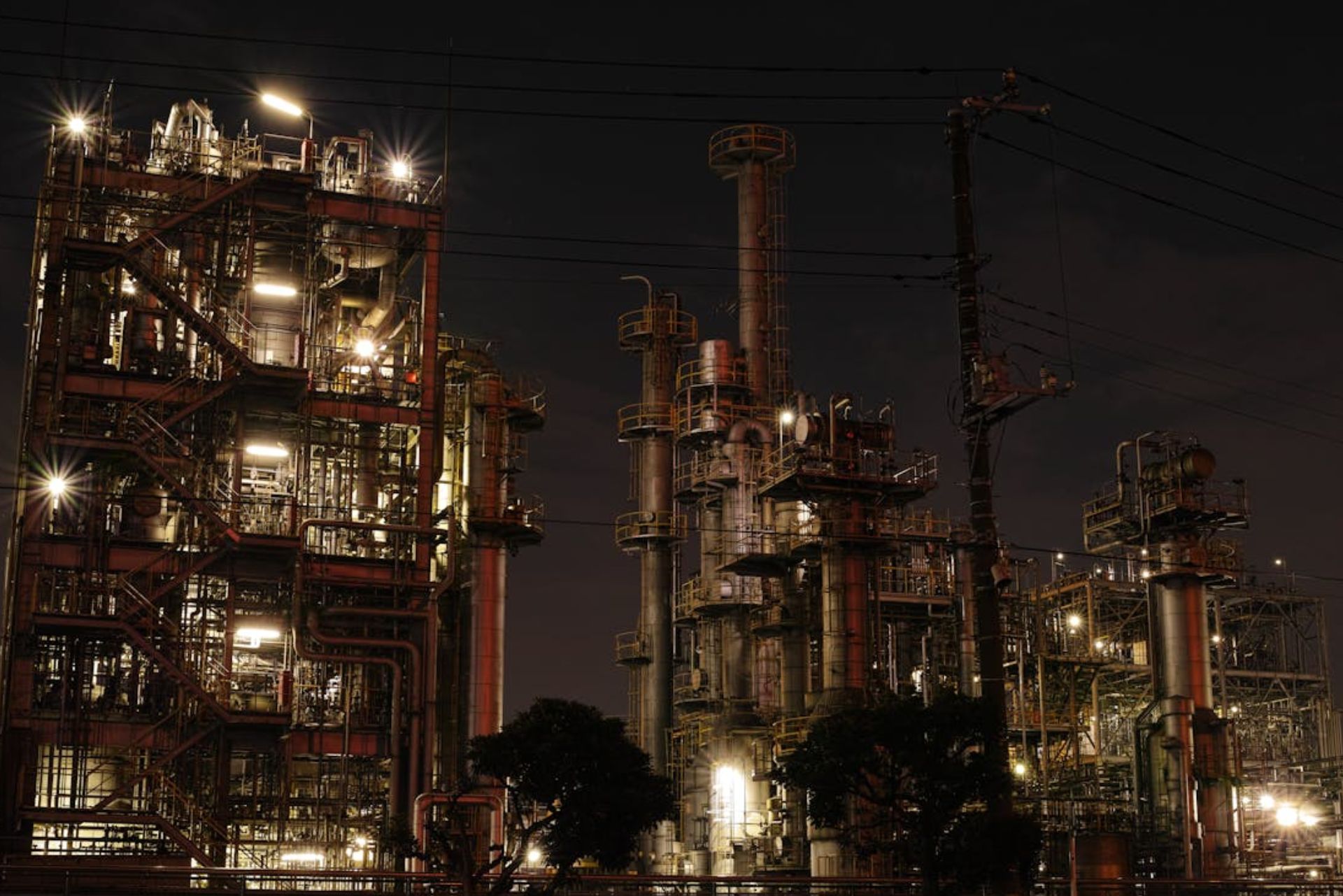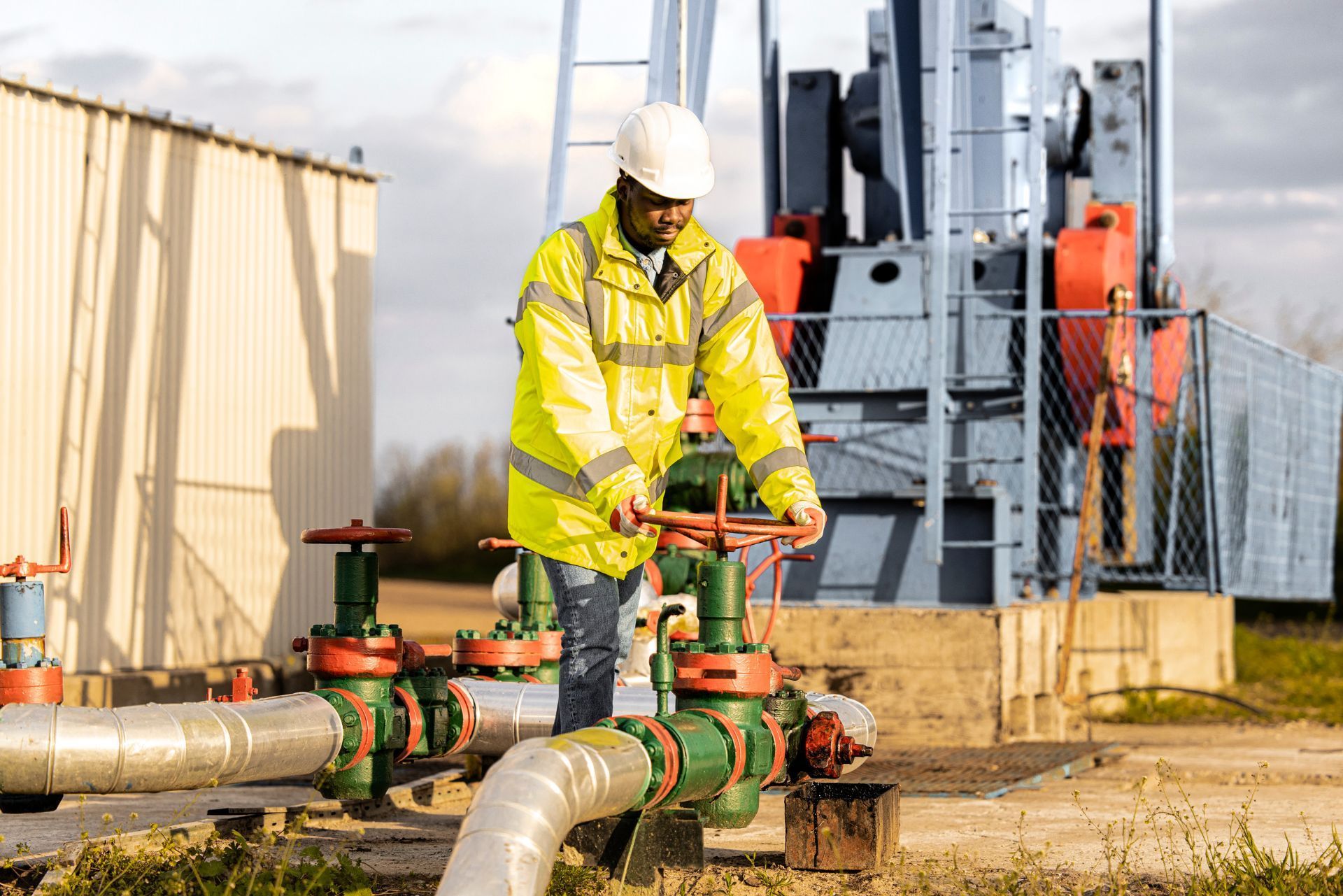Top 3 Recommended Policies
Index
Contact Us
The oil and gas industry in Texas is a powerhouse, contributing significantly to the state's economy and the global energy supply. However, with great opportunity comes substantial risk. From drilling operations to transportation, the industry faces numerous hazards that can lead to financial losses. This is where oil and gas insurance plays a crucial role. Understanding the nuances of insurance in this sector is essential for operators, contractors, and investors alike. This guide provides a comprehensive look into the world of Texas oil and gas insurance, exploring its importance, types, and how to choose the right coverage.
Understanding the Importance of Oil and Gas Insurance
The oil and gas industry is fraught with risks that can have significant financial implications. These include operational hazards, environmental liabilities, and legal challenges. Insurance serves as a safety net, providing financial protection against unforeseen events that could otherwise cripple a business. It ensures continuity and stability, allowing companies to focus on their core operations without the constant worry of potential disasters.
In Texas, where the oil and gas sector is a major economic driver, the importance of comprehensive insurance cannot be overstated. The state's regulatory environment and geographical features present unique challenges that necessitate specialized insurance solutions. Companies operating in this region must navigate complex legal frameworks and environmental concerns, making tailored insurance coverage a critical component of their risk management strategy.
Moreover, having the right insurance coverage can enhance a company's reputation and credibility. Stakeholders, including investors and partners, are more likely to engage with businesses that demonstrate a proactive approach to risk management. This not only helps in securing investments but also in building long-term relationships within the industry.

Types of Oil and Gas Insurance Coverage
General Liability Insurance
General liability insurance is a fundamental component of any oil and gas insurance portfolio. It provides coverage for bodily injury, property damage, and personal injury claims that may arise during operations. This type of insurance is essential for protecting a company against lawsuits and claims that could result in significant financial losses.
In the context of the oil and gas industry, general liability insurance covers incidents such as accidents on the job site, damage to third-party property, and injuries to non-employees. Given the high-risk nature of the industry, having robust general liability coverage is crucial for mitigating potential legal and financial repercussions.
Environmental Liability Insurance
Environmental liability insurance is particularly important in the oil and gas sector due to the potential for environmental damage. This coverage protects companies against claims related to pollution and environmental contamination, which can result from spills, leaks, or other operational mishaps.
In Texas, where environmental regulations are stringent, having environmental liability insurance is not just a good practice but often a legal requirement. This insurance helps cover the costs of cleanup, legal defense, and any fines or penalties imposed by regulatory bodies. It also provides peace of mind, knowing that the company is prepared to handle any environmental incidents responsibly.
Workers' Compensation Insurance
Workers' compensation insurance is a mandatory requirement for most businesses in Texas, including those in the oil and gas industry. This insurance provides benefits to employees who suffer work-related injuries or illnesses, covering medical expenses, rehabilitation costs, and lost wages.
Given the physically demanding and hazardous nature of oil and gas operations, workers' compensation insurance is vital for protecting both employees and employers. It ensures that injured workers receive the necessary care and support, while also shielding companies from potential lawsuits related to workplace injuries.
How to Choose the Right Oil and Gas Insurance
Assessing Your Risk Profile
The first step in choosing the right oil and gas insurance is to assess your company's risk profile. This involves identifying the specific risks associated with your operations, such as the type of activities you engage in, the geographical areas you operate in, and the regulatory requirements you must comply with. A thorough risk assessment will help you determine the types and levels of coverage you need.
Consider factors such as the size of your operations, the number of employees, and the value of your assets. These elements will influence the scope and cost of your insurance coverage. Engaging with a risk management consultant can provide valuable insights and help you make informed decisions about your insurance needs.
Comparing Insurance Providers
Once you have a clear understanding of your risk profile, the next step is to compare insurance providers. Look for insurers with experience in the oil and gas sector, as they will have a better understanding of the industry's unique challenges and requirements. Evaluate their financial stability, reputation, and customer service to ensure you choose a reliable partner.
Request quotes from multiple providers and compare the coverage options, limits, and premiums offered. Pay attention to any exclusions or limitations in the policies, as these can significantly impact your coverage. It's also important to consider the insurer's claims process and track record in handling claims efficiently and fairly.
Customizing Your Insurance Package
After selecting an insurance provider, work with them to customize your insurance package to suit your specific needs. This may involve bundling different types of coverage, adjusting policy limits, and adding endorsements or riders to address particular risks. A tailored insurance package ensures comprehensive protection and can often result in cost savings compared to purchasing individual policies separately.
Regularly review and update your insurance coverage to reflect changes in your operations, risk profile, and regulatory environment. This proactive approach ensures that your insurance remains adequate and relevant, providing ongoing protection for your business.

Regulatory Considerations in Texas
Operating in the Texas oil and gas industry requires compliance with a range of state and federal regulations. These regulations cover various aspects of operations, including environmental protection, worker safety, and financial responsibility. Understanding these requirements is essential for ensuring compliance and avoiding potential legal and financial penalties.
Insurance plays a critical role in meeting regulatory obligations. For example, certain types of coverage, such as environmental liability insurance, may be mandated by law. Additionally, having adequate insurance can demonstrate financial responsibility, which is often a prerequisite for obtaining permits and licenses.
Staying informed about regulatory changes and updates is crucial for maintaining compliance. Engage with industry associations, legal advisors, and regulatory bodies to keep abreast of developments and ensure your insurance coverage aligns with current requirements.
The Future of Oil and Gas Insurance in Texas
The oil and gas industry is constantly evolving, driven by technological advancements, market dynamics, and regulatory changes. As a result, the landscape of oil and gas insurance is also shifting, with new risks emerging and existing ones evolving. Companies must stay ahead of these changes to ensure their insurance coverage remains relevant and effective.
One significant trend is the increasing focus on environmental sustainability and the transition to cleaner energy sources. This shift is likely to impact the types of risks faced by the industry and, consequently, the insurance solutions required. Companies may need to explore new coverage options that address emerging risks, such as those associated with renewable energy projects and carbon capture technologies.
Another trend is the growing use of technology and data analytics in risk management and insurance. Advanced technologies, such as artificial intelligence and the Internet of Things, are being leveraged to enhance risk assessment, improve safety, and optimize insurance processes. Embracing these innovations can provide companies with a competitive edge and ensure they are well-prepared for the future.
Conclusion
Oil and gas insurance is an indispensable component of risk management for companies operating in Texas. With the industry's inherent risks and regulatory complexities, having the right insurance coverage is crucial for protecting assets, ensuring compliance, and maintaining business continuity. By understanding the types of coverage available, assessing their risk profile, and choosing the right insurance provider, companies can secure the protection they need to thrive in this dynamic sector.
As the industry continues to evolve, staying informed about emerging trends and adapting insurance strategies accordingly will be key to navigating the challenges and opportunities ahead. With a proactive approach to insurance, Texas oil and gas companies can safeguard their future and continue to contribute to the state's economic prosperity.






